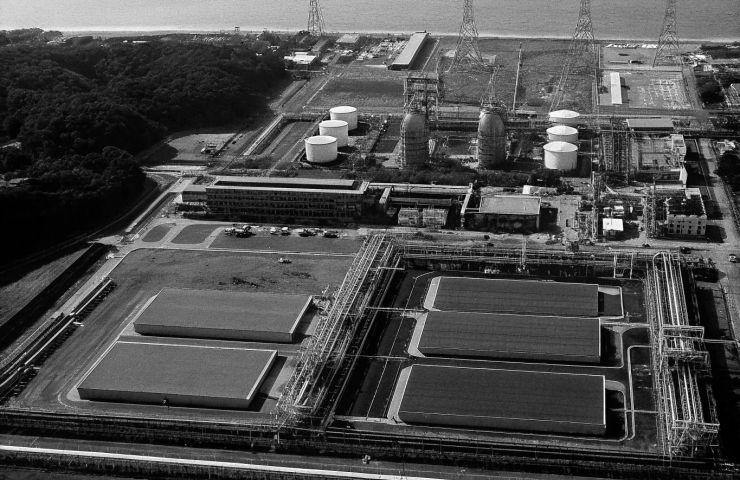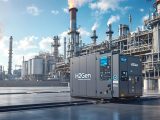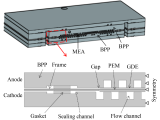
Japan’s ¥3 Trillion Hydrogen Production Subsidy to Bridge Cost Gap and Boost Clean Energy Shift
July 11, 2025Japan is currently going through 27 project applications as part of its ambitious ¥3 trillion ($19.16 billion) subsidy program, launched under the Hydrogen Society Promotion Act. Spearheaded by METI and backed by JOGMEC, the program is designed to narrow the cost gap between clean energy sources like hydrogen and ammonia and traditional fossil fuels. The selected projects could receive support for up to 15 years, with an additional 10-year commitment to keep the supply flowing.
Big Names Step In: Toyota, ENEOS, JERA & More
Some major industry heavyweights are already in the mix. Toyota, for example, is betting big on its Mirai fuel cell vehicles, which line up with Japan’s mobility vision for 2030. Then there’s ENEOS, which—while optimistic—has flagged that the allocated funding might not be enough to meet real-world hydrogen production demands. On the other hand, companies like JERA and South Korea’s Lotte are laying the groundwork for regional clean ammonia supply chains, reinforcing Japan’s ambition to establish itself as a central hub in the hydrogen trade.
Subsidies, Auctions, and Infrastructure – Japan’s Path Forward
The game plan includes everything from direct fuel subsidies to demand-side auctions, plus expanding shared hydrogen infrastructure, particularly in regions like Chugoku. It’s a bold strategy that balances two big goals: pushing industrial decarbonization forward, while also bolstering the country’s energy security. And even though global momentum around hydrogen seems to be cooling off a bit, Japan’s efforts could be the spark that shapes clean energy pathways not just at home, but across Asia.



 With over 15 years of reporting hydrogen news, we are your premier source for the latest updates and insights in hydrogen and renewable energy.
With over 15 years of reporting hydrogen news, we are your premier source for the latest updates and insights in hydrogen and renewable energy.